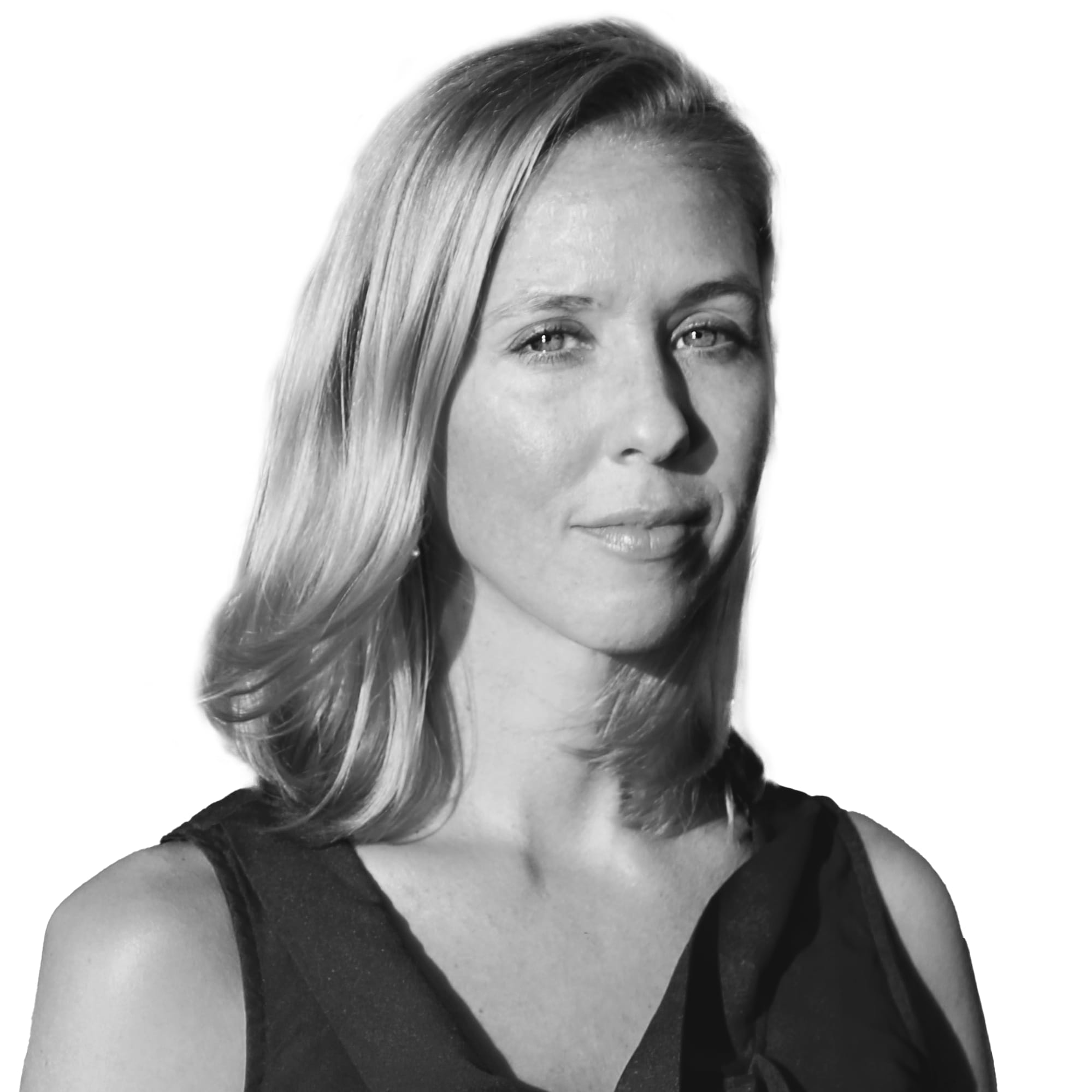A judge has refused to grant Elon Musk’s request to stop his rival Sam Altman from turning OpenAI into a for-profit company—for now.
On Tuesday, the court denied Musk’s request for an injunction, which would have halted the corporate transformation while the court hears a case brought by Musk.
Musk helped Altman create OpenAI as a nonprofit in 2015, but in 2018, he left the organization after a battle for control of the company, The New York Times reported.
Altman then attached OpenAI to a for-profit company so he could raise the money he needed to build generative artificial intelligence technology, but the nonprofit side remained in control of the company. In 2023, Musk started his own artificial intelligence company, xAI.
Last year, Altman began working on a plan to shift control from the nonprofit and make OpenAI a for-profit entity. In November, Musk—who has since aligned himself with President Donald Trump in the role of megadonor and cost-cutting “adviser”—sued to stop the plan, claiming it would breach the company’s founding contract.

Tuesday’s decision isn’t the final word in the case, though. Judge Yvonne Gonzalez-Rogers wrote that it was a “toss-up” who would ultimately prevail. Musk, however, needed to show he was likely to win in order to get the injunction.
According to Gonzalez-Rogers' decision, Musk initially donated more than $44 million to the effort, but he wasn’t able to product a contract or gifting document attaching terms and conditions to the contribution. It’s “debatable” whether emails exchanged by the parties created a binding contract, Gonzalez-Rogers wrote.
Evidence introduced in pleadings and during oral arguments showed that Musk and Altman had repeatedly discussed OpenAI’s altruistic aims. In one email from 2017, Musk told Altman and OpenAI co-founder Greg Brockman to “either go do something on your own or continue with OpenAI as a nonprofit.”
“I will no longer fund OpenAI until you have made a firm commitment to stay or I’m just being a fool who is essentially providing free funding for you to create a startup,” he wrote in September 2017. In response, Altman assured him, “I remain enthusiastic about the non-profit structure!”
But Altman and Brockman presented competing evidence showing that Musk didn’t want to keep OpenAI nonprofit; he just wanted to be the one to turn it into a for-profit.
Musk argued that attaching OpenAI to Tesla was the only way it could compete with Google, according to a 2024 blog post from OpenAI. During its first funding round, the organization raised about $45 million from Musk and $90 million from other sources, the post said.
But given that OpenAI’s nonprofit status and original charitable purpose raised questions involving the public interest, Gonzalez-Rogers said the court would offer an “expedited schedule” for the litigation.
“We welcome the court’s decision,” Lindsey Held, an OpenAI spokeswoman, told The New York Times in a statement. “Elon’s own emails show that he wanted to merge a for-profit OpenAI into Tesla. That would have been great for his personal benefit, but not for our mission or U.S. interests.”
Musk’s lawyer Marc Toberoff also expressed satisfaction in a statement to the Times, saying, “We’re pleased the court has offered an expedited trial on the core claims driving this case, which in its words present ‘urgent’ issues in the public’s interest.”







